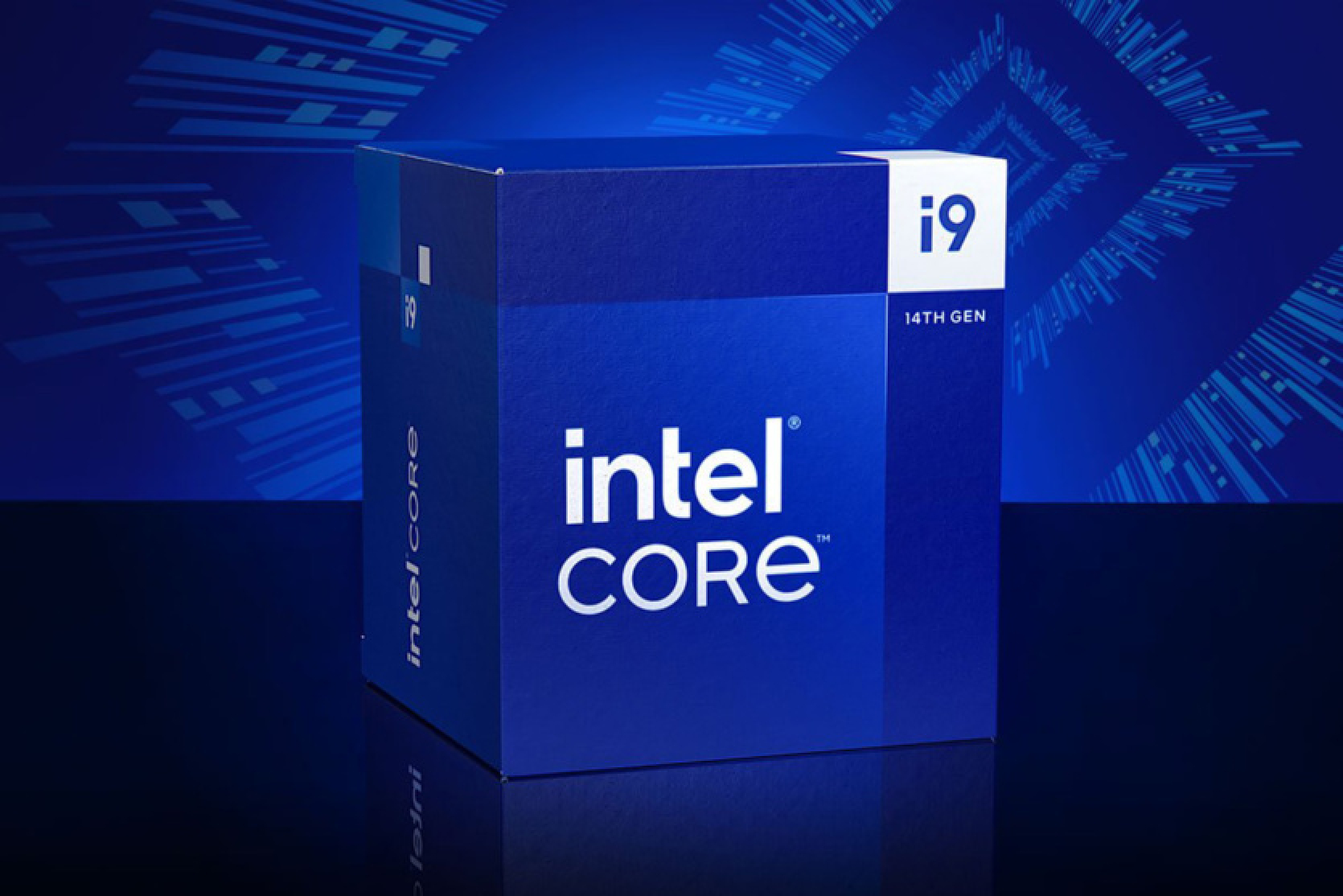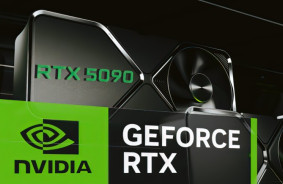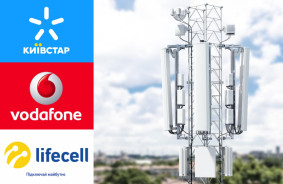The lawsuit accuses Intel of intentionally selling defective Raptor Lake processors. It is based on the claims of the owner of a Core i7-13700K.
A class-action lawsuit has been filed against Intel in a federal court in the United States. The plaintiff, Mark Vanvalkenburg, alleges that Intel knowingly sold faulty Raptor Lake processors from the 13th and 14th generations. The plaintiff seeks damages, and the law firm Dovel & Luner anticipates that other Intel customers will join the claim.
The suit, filed in San Jose, California, originates from Mark Vanvalkenburg of Orchard Park, New York, who purchased an Intel Core i7-13700K processor in January 2023. According to the complaint, Vanvalkenburg experienced frequent issues, including sudden screen blackouts and unexpected reboots. This summer, he attempted to apply an Intel patch designed to address Raptor Lake instability, but it did not resolve the issues.
“After purchasing the product, the plaintiff learned that the processor was defective, unstable, and frequently malfunctioning. The processor caused problems on his computer, including random screen blackouts and random reboots. These issues were not resolved even after he attempted to install the patch released by Intel for its 13th-generation processors. As a result, he did not receive what he paid for. If the plaintiff had known the truth about the product, he would not have purchased it or would have paid less for it,” the lawsuit states.
The plaintiff asserts that Intel was aware of the instability issues with the Raptor Lake processors prior to his purchase. He claims that internal testing conducted by the company, both before and after the release of the processors, identified these defects. Despite this, Intel allegedly continued to market the processors as high-performance products while downplaying their instability. The accusations of fraud and warranty violation are based on New York's consumer protection laws.
In July 2024, Intel publicly addressed an issue referred to as "Vmin Shift Instability." The company stated that stability problems were caused by increased operating voltage, which physically damaged the processors.
To mitigate the issue, Intel released three microcode patches. The first patch (0x125) was issued in June to adjust the Enhanced Thermal Velocity Boost (eTVB) algorithm. The second patch (0x129), released in August, reduced the number of unnecessary high-voltage requests. In September, Intel released a third patch (0x12B), which consolidated the previous fixes and added safeguards to prevent excessive voltage during idle or low-load conditions.
However, Intel has clearly stated that microcode patches cannot restore already damaged processors. To ensure all customers receive replacements, Intel has extended the warranty on Raptor Lake processors by two years.
Source: Tom's Hardware














Comments (0)
There are no comments for now